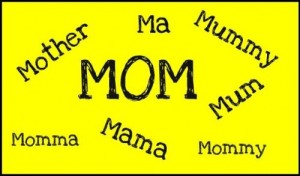In 2016 it seems almost archaic to write about gay family values, but the truth is that many in this country still do not understand exactly what they are.
First, let’s unpack the term, “family values,” because its modern day origin sheds light on the journey our understanding of the term has made over approximately the last 30 years. Many credit the rise of “family values” with the birth of the religious right. The religious right stemmed from a failed presidential bid by conservative evangelical Pat Robertson in 1988. Pat Robertson and Southern Baptist pastor Jerry Falwell maintained one of the most successful movements deriving from a losing campaign, which was the “religious right.” Family values was the buzzword for any number of anti-gay, anti-women, racially motivated campaigns to keep right wing, mostly Republican politicians in office by driving wedges between the electorate to maintain political control. With this background, gay family values were absolutely unheard of.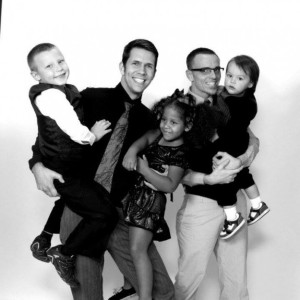
Gay family values have a much richer and historic past. Gay people have been having families, raising children and living lives of value since the beginning of recorded history. The very same qualities espoused to be superior, or correct, by the religious right are the same values that gay parents teach their children and gay children teach their parents. And it is interesting that these values, when interpreted for political reasons, tend to be based in religion. This is particularly interesting when you consider that Jerry Falwell’s father was a bootlegger and an agnostic and his grandfather was an atheist, yet he managed to be “valuable.”
While in law school, I did my summer internship at Lambda Legal, the nation’s foremost LGBT impact litigation organization. I was fortunate enough to work on a case called Lawrence v. Texas. This landmark gay rights case decriminalized gay sex, which was literally a criminal offence. Prior to its decriminalization, it was used to deny employment, take children from fit parents and serve to marginalize the LGBT community in many states. Lawrence v. Texas was seen by many as the foundation for marriage equality. Ever since working at Lambda Legal, I knew that I wanted to work with couples and families to protect their interests, and their values.
I have had the privilege of being an attorney for the last 13 years working with gay families, unmarried couples and essentially anyone who falls outside the misnomer, “traditional,” as their family and trusts and estate lawyer. I have seen people go out of their way and spend sometimes unthinkable amounts of money to create the legal protections that most “traditional” couples and families take for granted. Fighting to ensure the security of your family, in my estimation, is the definition of family value.
While basic estate plans and second or step parent adoptions are certainly critical, and a big part of ensuring the safety of children in these families, that is not the type of gay family values that I’m talking about. It is the concept of putting your family’s interests above your own. It is the simple joy of learning from your child about their understanding of the world. And it is something far more universal than many who have not been exposed to family structures other than their own may not be able to comprehend. When I meet other families that don’t look like mine, and they meet my family, the spark of possibility is lit for an exchange of information that is critical for value development.
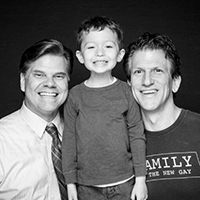 I count my blessings every day that my son Nicholas, a six and a half year old with the soul of my departed father, is growing up in New York City, where every language is spoken and where every culture is practiced. I am grateful that my daughters have parents who love them and who share with them the possibilities of life that their parents shared with them. The truth about gay family values is that there is no such thing. Family values are born from love and respect, not only between family members, but among the different families that exist all over the world. Those values are exclusive to no particular group.
I count my blessings every day that my son Nicholas, a six and a half year old with the soul of my departed father, is growing up in New York City, where every language is spoken and where every culture is practiced. I am grateful that my daughters have parents who love them and who share with them the possibilities of life that their parents shared with them. The truth about gay family values is that there is no such thing. Family values are born from love and respect, not only between family members, but among the different families that exist all over the world. Those values are exclusive to no particular group.
My son asked my husband and me the other night when we could go to Paris. My first thought was, “when you get a job,” but after reality set in, I started to think what it would really be like to really show him other cultures. What an absolute honor it would be to share the world with Nicholas and to see it through his eyes. There really is no better way to understand family values than to see them at work in other families. So until we get to Paris, you can look for us tooling around the West Village of New York City. You can’t miss us. We’ll be the ones with the values!
For more information about creating and protecting your family, contact Anthony M. Brown at Time for Families.

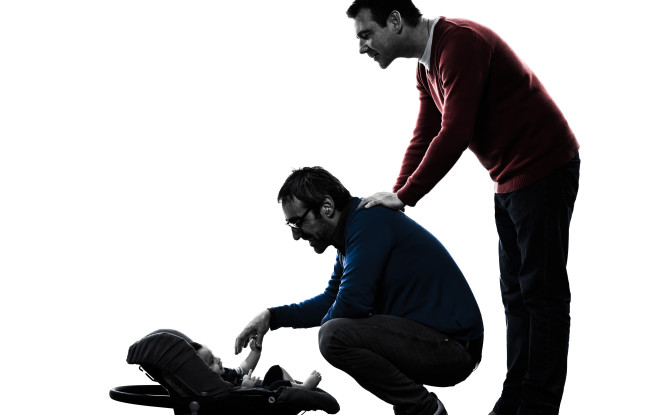
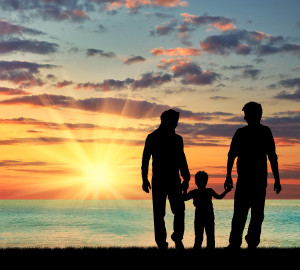
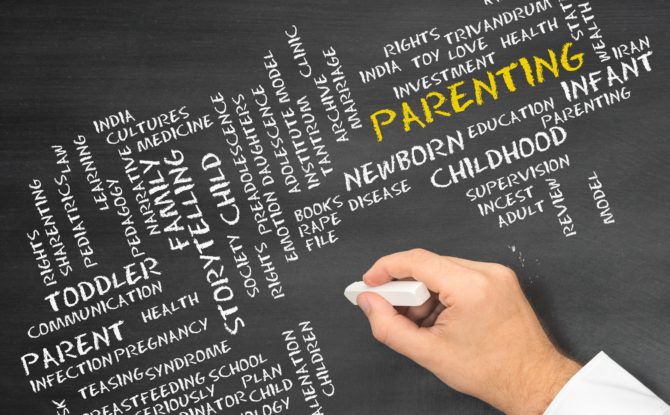

 I count my blessings every day that my son Nicholas, a six and a half year old with the soul of my departed father, is growing up in New York City, where every language is spoken and where every culture is practiced. I am grateful that
I count my blessings every day that my son Nicholas, a six and a half year old with the soul of my departed father, is growing up in New York City, where every language is spoken and where every culture is practiced. I am grateful that 
